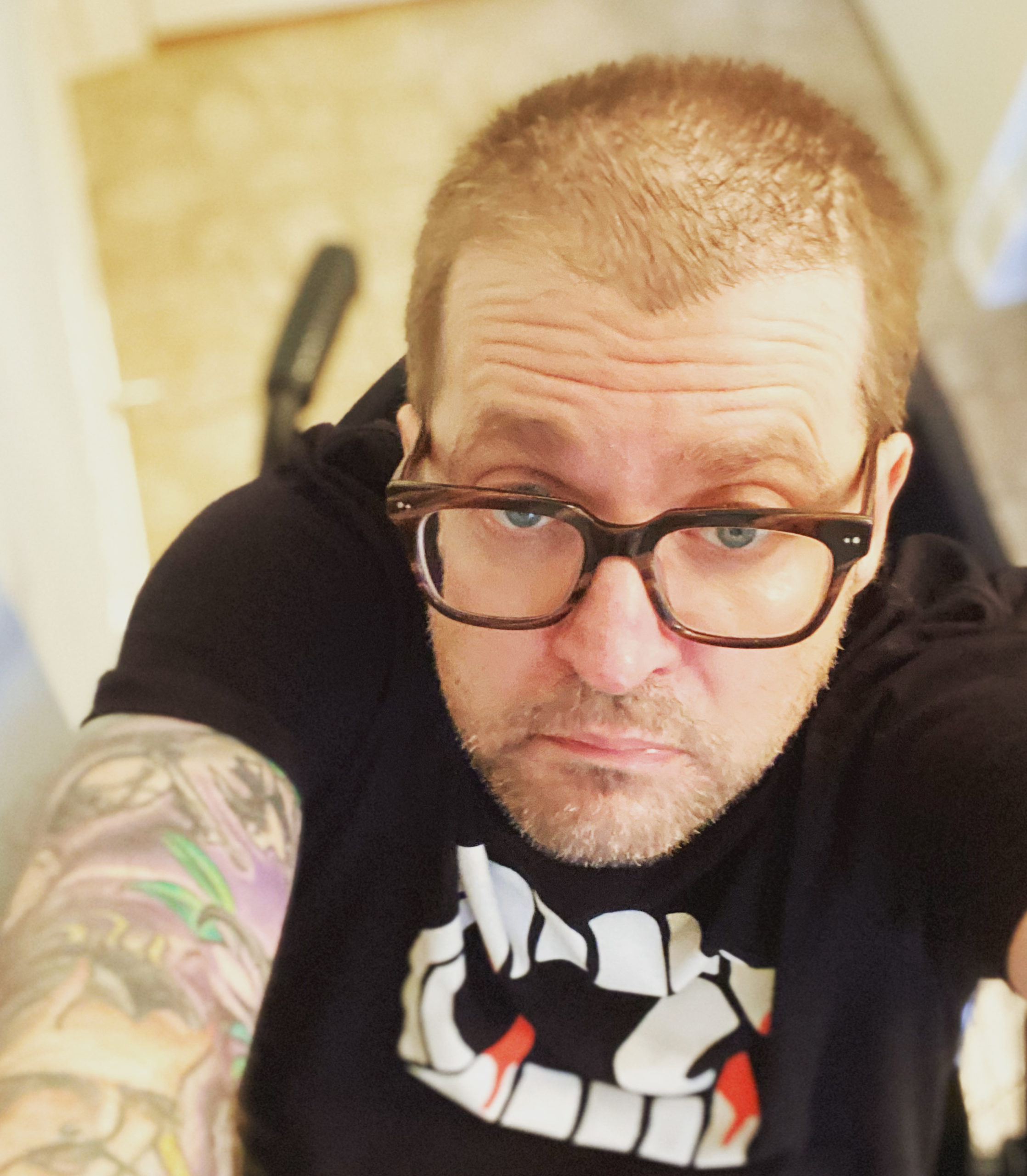
What does it mean to write a note to the future about the end times ? Who is supposed to be the audience for that? Is there even an audience? I think of those oral histories by Studs Terkel. Maybe some historian from the future could discover all this, amongst all the clutter?
How do you trick the algorithm ? How do I get them eye balls on any of this? Studs Terkel is no Marvel Extended Universe movie for sure. He is a cold breakfast. Between the social media influencers, the corporate Good Morning America everything is great, and actual climate disasters, how would anyone even see any of this – lost , floating aimless in the electronic flood of information?
When I was little, my family would spend a few weeks every summer in rural Lousiana to see the family. I always liked the smell. The moldy air was thick, wet, hard to breath. It always felt as if I was wading through a sludgy sponge, my shirt drenched in the air. The type of hot that would drive a cat to lay melodramatically on the floor panting. I remember laying in the back seat, watching the tops of the trees pass by, the cushions cool against my back, like ice.
The haphazard road to Grandma Pinkies house was scrawled in no particular hurry, it’s gravelly static buzzing. Occasionally there would be a cluck or pop from a larger rock fragment hitting the bottom of the car. At night, no street lights. It was easy to imagine werewolves lurking in the swampy woods. Dark shapes against dark woods. I was always told that the road was named Cookie Monster road, because of the grumbling rock shards. I now think that wasn’t it’s official name. It might not even have been a road, technically.
Grandma Pinkies house was squat ; pratical. Cluttered with thickets, overgrown grass. Cluttered with slack jawed dogs.
The girl “next door” to my grandma Pinkys house was named Kristy, and she was a few years older. We would usually venture out to the flimsy sheds, in the back. I vaguely remember pouring liquids into crusty containers and hiding them in mud, or in the rusty sheds. I remember leaving stacks of cans, discarded beer and tide bottles hidden all over, their contents simmering, stewing, cooking over the years. I think we had in our mind that we were creating zombies, or that these tonics would congeal into creatures eventually. This made it funner, more daring, more heroic to stumble out there the following year, knowing the remote muddy ground was peppered with these potential monstrousities. I was always expecting to discover some of the containers ripped open, it’s glop spilled in tantalizing trails into the woods.
What survives ? Who creates the narrative?
I started creating YouTube videos, interviewing artists and musicians I know about their experiences of the pandemic, of the creeping fascism, of the police brutality. Of flaming oceans boiling over – all of the stuff people pretend aren’t happening. All the stuff that distracts from how well Wall Street is performing.
All the professional You Tubeistas advise new “content” creators that they should think of who their audience is. They typically have millions of subscribers. Their videos were “professional” in that they were familiar; bland. Smiles, eye contact, the whole act. The kind of films that You Tube likes.
In darker days, I imagine flashing images, tales , stories of people frantically writing messages and stuffing them into bottles – setting them adrift at sea. Hoping they will be discovered sometime by someone. Hasty notes. All these baubles floating , clinking, clacking together moving in an ocean thick , cluttered with these missives. A gritty slurry of glassy salt water – clogged, chunky, slow .
It has been years since I have left my house. Partly because of my immune system, partly because wheel chair accessibility is not high on peoples priority list. I used to think that maintaining relations via the internet was a sad counterfeit to real friendship. Kind of like those Terry clothe monkey experiments that prove baby rhesus monkeys prefer even a “bad mother” to no mother at all.In Japan people are offered robotic companions to the keep the elderly quiet. A technological pet rock. I listen to podcasts to remember what a lazy conversation sounds like.
Typing , zooming reaching out. A prisoner taping feebly on a wall, trying to communicate to someone, to the imagined unspecified person in the cell next door. All the subtlety and nuance drowned out. It is easy to hate the wall, because it separates you from the other prisoners. But without the wall, there would be no way to communicate with others at all.
